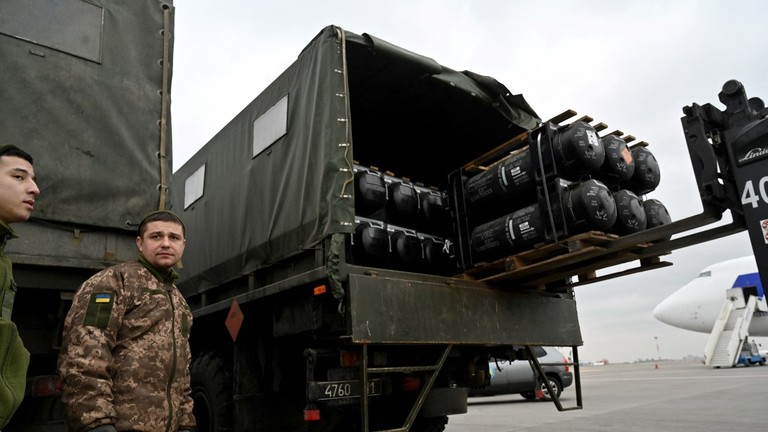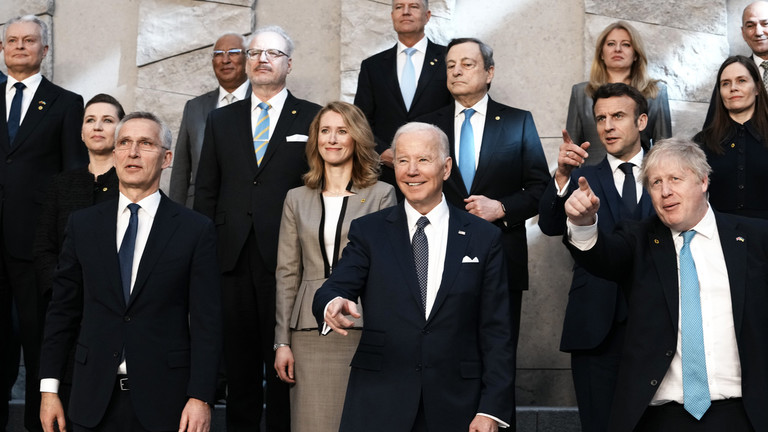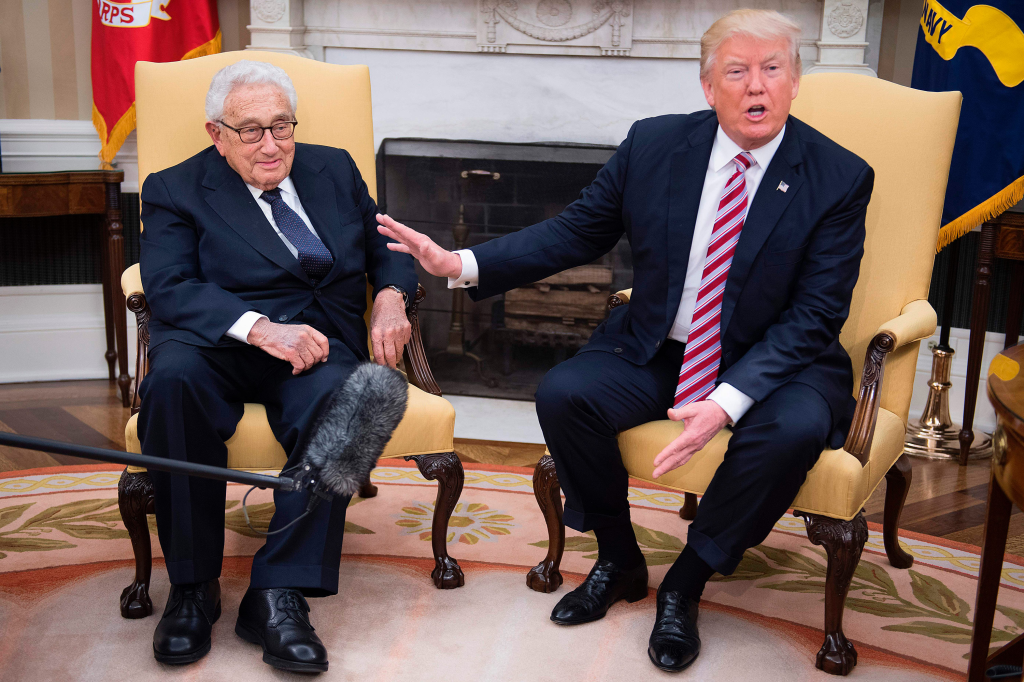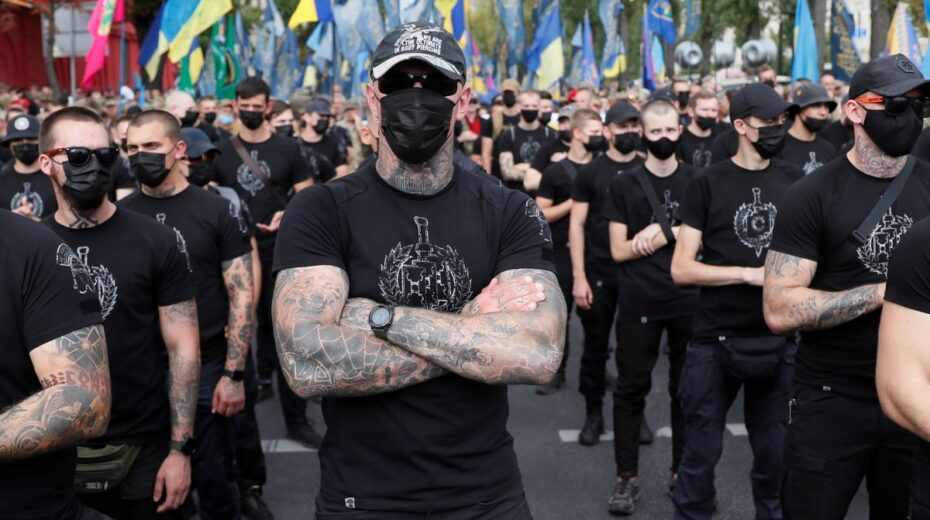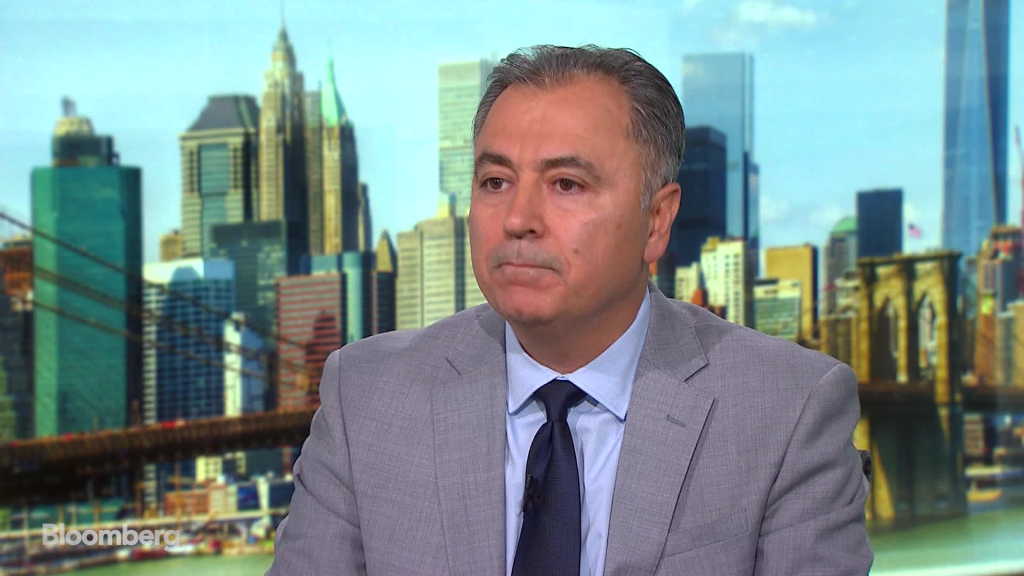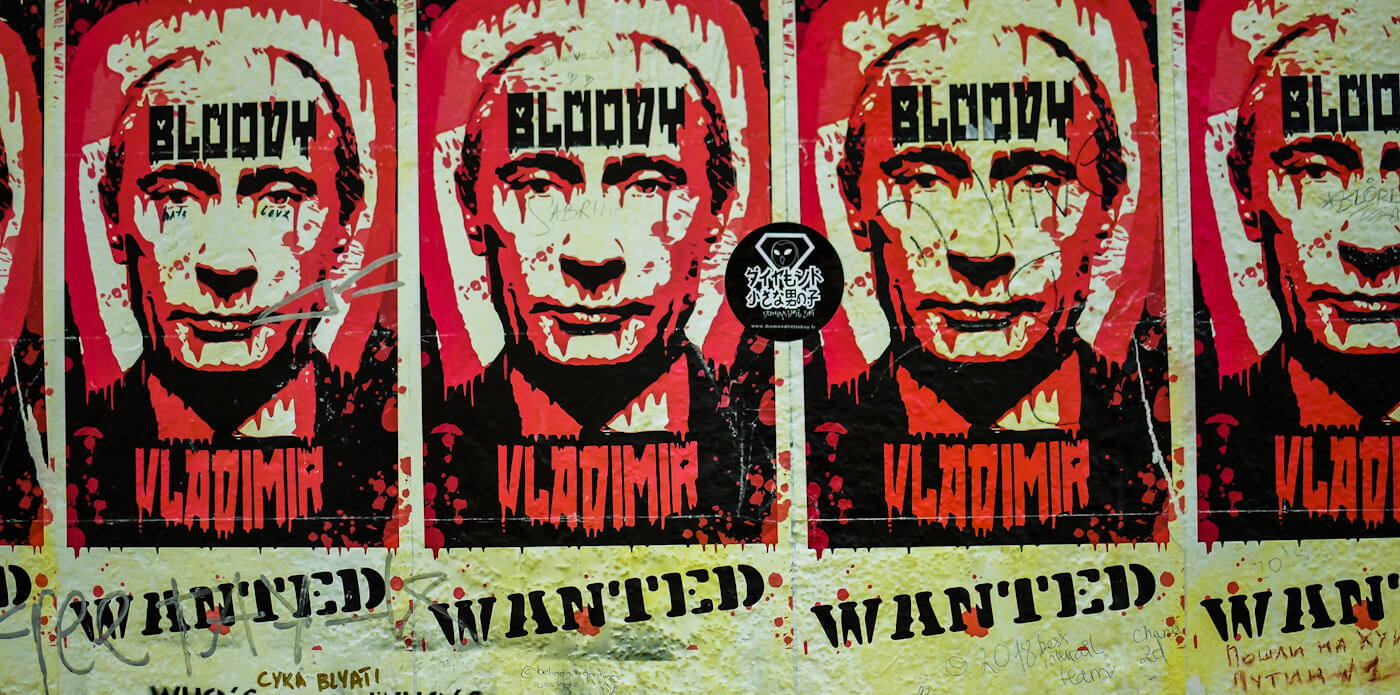[This is the transcript of a talk I gave to Bath Friends of Palestine on 25 February 2022.]
Since I arrived with my family in the UK last summer, I have been repeatedly asked: “Why choose Bristol as your new home?”
Well, it certainly wasn’t for the weather. Now more than ever I miss Nazareth’s warmth and sunshine.
It wasn’t for the food either.
My family do have a minor connection to Bristol. My great-grandparents on my mother’s side (one from Cornwall, the other from South Wales) apparently met in Bristol – a coincidental stopping point on their separate journeys to London. They married and started a family whose line led to me.
But that distant link wasn’t the reason for coming to Bristol either.
In fact, it was only in Nazareth that Bristol began occupying a more prominent place in my family’s life.
When I was not doing journalism, I spent many years leading political tours of the Galilee, while my wife, Sally, hosted and fed many of the participants in her cultural café in Nazareth, called Liwan.
It was soon clear that a disproportionate number of our guests hailed from Bristol and the south-west. Some of you here tonight may have been among them.
But my world – like everyone else’s – started to shrink as the pandemic took hold in early 2020. As we lost visitors and the chance to directly engage with them about Palestine, Bristol began to reach out to me.
Toppled statue
It did so just as Sally and I were beginning discussions about whether it was time to leave Nazareth – 20 years after I had arrived – and head to the UK.
Even from thousands of miles away, a momentous event – the sound of Edward Colston’s statue being toppled – reverberated loudly with me.
My latest: Tearing down statues to slave traders isn't rule by the mob. It was only through defiance and disobedience that ordinary people won the freedoms and progress we enjoy today https://t.co/fl50HOUvrv pic.twitter.com/1Ac8PHlE8E
— Jonathan Cook (@Jonathan_K_Cook) June 10, 2020
Ordinary people had decided they were no longer willing to be forced to venerate a slave trader, one of the most conspicious criminals of Britain’s colonial past. Even if briefly, the people of Bristol took back control of their city’s public space for themselves, and for humanity.
In doing so, they firmly thrust Britain’s sordid past – the unexamined background to most of our lives – into the light of day. It is because of their defiance that buildings and institutions that for centuries bore Colston’s name as a badge of honour are finally being forced to confront that past and make amends.
Bath, of course, was built no less on the profits of the slave trade. When visitors come to Bath simply to admire its grand Georgian architecture, its Royal Crescent, we assent – if only through ignorance – to the crimes that paid for all that splendour.
Weeks after the Colston statue was toppled, Bristol made headlines again. Crowds protested efforts to transfer yet more powers to the police to curb our already savagely diminished right to protest – the most fundamental of all democratic rights. Bristol made more noise against that bill than possibly anywhere else in the UK.
I ended up writing about both events from Nazareth.
My latest: Politicians and the police must not be left to define which protests are justified, which safe, which responsible. Because otherwise, they will define any protest against their corruption and incompetence as a threat to public health https://t.co/1fzpsOyGY8
— Jonathan Cook (@Jonathan_K_Cook) March 23, 2021
Blind to history
Since my arrival, old and new friends alike have started to educate me about Bristol. Early on I attended a slavery tour in the city centre – one that connected those historic crimes with the current troubles faced by asylum seekers in Bristol, even as Bristol lays claim to the title of “city of sanctuary”.
For once I was being guided rather than the guide, the pupil rather than the teacher – so long my role on those tours in and around Nazareth. And I could not but help notice, as we wandered through Bristol’s streets, echoes of my own tours.
Over the years I have taken many hundreds of groups around the ruins of Saffuriya, one of the largest of the Palestinian villages destroyed by Israel in its ethnic cleansing campaign of 1948, the Nakba or Catastrophe.
What disturbed me most in Saffuriya was how blind its new inhabitants were to the very recent history of the place they call home.
New Jewish immigrants were moved on to the lands of Saffuriya weeks after the Israeli army destroyed the village and chased out the native Palestinian population at gunpoint. A new community built in its place was given a similar Hebrew name, Tzipori. These events were repeated across historic Palestine. Hundreds of villages were razed, and 80 per cent of the Palestinian population were expelled from what became the new state of Israel.
Troubling clues
Even today, evidence of the crimes committed in the name of these newcomers is visible everywhere. The hillsides are littered with the rubble of the hundreds of Palestinian homes that were levelled by the new Israeli army to stop their residents from returning. And there are neglected grave-stones all around – pointers to the community that was disappeared.
And yet almost no one in Jewish Tzipori asks questions about the remnants of Palestinian Saffuriya, about these clues to a troubling past. Brainwashed by reassuring state narratives, they have averted their gaze for fear of what might become visible if they looked any closer.
Tzipori’s residents never ask why there are only Jews like themselves allowed in their community, when half of the population in the surrounding area of the Galilee are Palestinian by heritage.
Instead, the people of Tzipori misleadingly refer to their Palestinian neighbours – forced to live apart from them as second and third-class citizens of a self-declared Jewish state – as “Israeli Arabs”. The purpose is to obscure, both to themselves and the outside world, the connection of these so-called Arabs to the Palestinian people.
To acknowledge the crimes Tzipori has inflicted on Saffuriya would also be to acknowledge a bigger story: of the crimes inflicted by Israel on the Palestinian people as a whole.
My latest: For 16 years I have been documenting Israel's treatment of its Palestinian citizens – 20% of the population. Here I explain in detail why Israel should be called an apartheid state https://t.co/IFuqm82B0w pic.twitter.com/tkY5T44uQp
— Jonathan Cook (@Jonathan_K_Cook) March 18, 2018
Shroud of silence
Most of us in Britain do something very similar.
In young Israel, Jews still venerate the criminals of their recent past because they and their loved ones are so intimately and freshly implicated in the crimes.
In Britain, with its much longer colonial past, the same result is often achieved not, as in Israel, through open cheerleading and glorification – though there is some of that too – but chiefly through a complicit silence. Colston surveyed his city from up on his plinth. He stood above us, superior, paternal, authoritative. His crimes did not need denying because they had been effectively shrouded in silence.
Until Colston was toppled, slavery for most Britons was entirely absent from the narrative of Britain’s past – it was something to do with racist plantation owners in the United States’ Deep South more than a century ago. It was an issue we thought about only when Hollywood raised it.
After the Colston statue came down, he became an exhibit – flat on his back – in Bristol’s harbourside museum, the M Shed. His black robes had been smeared with red paint, and scuffed and grazed from being dragged through the streets. He became a relic of the past, and one denied his grandeur. We were able to observe him variously with curiousity, contempt or amusement.
Those are far better responses than reverence or silence. But they are not enough. Because Colston isn’t just a relic. He is a living, breathing reminder that we are still complicit in colonial crimes, even if now they are invariably better disguised.
Nowadays, we usually interfere in the name of fiscal responsibility or humanitarianism, rather than the white man’s burden.
We return to the countries we formerly colonised and asset-stripped, and drive them back into permanent debt slavery through western-controlled monetary agencies like the IMF.
Or in the case of those that refuse to submit, we more often than not invade or subvert them – countries like Afghanistan, Iraq, Libya and Iran – tearing apart the colonial fabric we imposed on them, wrecking their societies in ways that invariably lead to mass death and the dispersion of the population.
We have supplied the bombs and planes to Saudi Arabia that are killing untold numbers of civilians in Yemen. We funded and trained the Islamic extremists who terrorise and behead civilians in Syria. The list is too long for me to recount here.
Right now, we see the consequences of the west’s neo-colonialism – and a predictable countervailing reaction, in the resurgence of a Russian nationalism that President Putin has harnessed to his own ends – in NATO’s relentless, decades-long expansion towards Russia’s borders.
And of course, we are still deeply invested in the settler colonial project of Israel, and the crimes it systematically inflicts on the Palestinian people.
Divine plan
Through the 1917 Balfour Declaration, Britain gave licence for the creation of a militarised ethnic, Jewish state in the Middle East. Later, we helped supply it with atomic material in the full knowledge that Israel would build nuclear bombs. We gave Israel diplomatic cover so that it could evade its obligations under the international treaty to stop nuclear proliferation and become the only nuclear power in the region. We have had Israel’s back through more than five decades of occupation and illegal settlement building.
And significantly, we have endlessly indulged Zionism as it has evolved from its sordid origins nearly two centuries ago, as an antisemitic movement among fundamentalist Christians. Those Christian Zonists – who at the time served as the power brokers in European governments like Britain’s – viewed Jews as mere instruments in a divine plan.
According to this plan, Jews were to be denied the chance to properly integrate into the countries to which they assumed they belonged.
Instead the Christian Zionists wanted to herd Jews into an imagined ancient, Biblical land of Israel, to speed up the arrival of the end times, when mankind would be judged and only good Christians would rise up to be with God.
My latest: Evangelical Christians, driven by apocalyptic readings of the Bible, are interfering ever more explicitly in Israel and the occupied Palestinian territories – and in ways that directly aid the policies of Israel’s far-right government https://t.co/jvdHmeDA6p
— Jonathan Cook (@Jonathan_K_Cook) July 8, 2019
Until Hitler took this western antisemitism to another level, few Jews subscribed to the idea that they were doomed forever to be a people apart, that their fate was inextricably tied to a small piece of territory in a far-off region they had never visited, and that their political allies should be millenarian racists.
But after the Holocaust, things changed. Christian Zionists looked like much kinder antisemites than the exterminationist Nazis. Christian Zionism won by default and was reborn as Jewish Zionism, claiming to be a national liberation movement rather than the dregs of a white European nationalism Hitler had intensified.
Today, we are presented with polls showing that most British Jews subscribe to the ugly ideas of Zionism – ideas their great-great-grandparents abhorred. Jews who dissent, who believe that we are all the same, that we all share a common fate as humans not as tribes, are ignored or dismissed as self-haters. In an inversion of reality these humanist Jews, rather than Jewish Zionists, are seen as the pawns of the antisemites.
Perverse ideology
Zionism as a political movement is so pampered, so embedded within European and American political establishments that those Jews who rally behind this ethnic nationalism no longer consider their beliefs to be abnormal or abhorrent – as their views would have been judged by most Jews only a few generations ago.
No, today Jewish Zionists think of their views as so self-evident, so vitally important to Jewish self-preservation that anyone who opposes them must be either a self-hating Jew or an antisemite.
And because non-Jews so little understand their own culpability in fomenting this perverse ideology of Jewish Zionism, we join in the ritual defaming of those brave Jews who point out how far we have stepped through the looking glass.
As a result, we unthinkingly give our backing to the Zionists as they weaponise antisemitism against those – Jews and non-Jews alike – who stand in solidarity with the native Palestinian people so long oppressed by western colonialism.
Thoughtlessly, too many of us have drifted once again into a sympathy for the oppressor – this time, Zonism’s barely veiled anti-Palestinian racism.
Nonetheless, our attitudes towards modern Israel, given British history, can be complex. On the one hand, there are good reasons to avert our gaze. Israel’s crimes today are an echo and reminder of our own crimes yesterday. Western governments subsidise Israel’s crimes through trade agreements, they provide the weapons for Israel to commit those crimes, and they profit from the new arms and cyber-weapons Israel has developed by testing them out on Palestinians. Like the now-defunct apartheid South Africa, Israel is a central ally in the west’s neo-colonialism.
Jeff Halper talks to me about his new book: Israel's role in the global arms industry is making us all Palestinians https://t.co/vAJLep5STc
— Jonathan Cook (@Jonathan_K_Cook) August 29, 2015
So, yes, Israel is tied to us by an umbilical cord. We are its parent. But at the same time it is also not exactly like us either – more a bastard progeny. And that difference, that distance can help us gain a little perspective on ourselves. It can make Israel a teaching aid. An eye-opener. A place that can bring clarity, elucidate not only what Israel is doing but what countries like Britain have done and are still doing to this day.
Trade in bodies
The difference between Britain and Israel is to be found in the distinction between a colonial and a settler-colonial state.
Britain is a classic example of the former. It sent the entitled sons of its elite private schools, men like Colston, to parts of the globe rich in resources in order to steal those resources and bring the wealth back to the motherland to further enrich the establishment. That was the purpose of the tea and sugar plantations.
But it was not just a trade in inanimate objects. Britain also traded in bodies – mostly black bodies. Labour and muscle were a resource as vital to the British empire as silk and saffron.
The trafficking in goods and people lasted more than four centuries until liberation movements among the native populations began to throw off – at least partially – the yoke of British and European colonialism. The story since the Second World War has been one of Europe and the United States’ efforts to reinvent colonialism, conducting their rape and pillage at a distance, through the hands of others.
This is the dissembling, modern brand of colonialism: a “humanitarian” neocolonialism we should by now be familiar with. Global corporations, monetary
agencies like the IMF and the military alliance of NATO have each played a key role in the reinvention of colonialism – as has Israel.
Elimination strategies
Israel inherited Britain’s colonial tradition, and permanently adopted many of its emergency orders for use against the Palestinians. Like traditional colonialism, settler colonialism is determined to appropriate the resources of the natives. But it does so in an even more conspicuous, uncompromising way. It does not just exploit the natives. It seeks to replace or eliminate them. That way, they can never be in a position to liberate themselves and their homeland.
There is nothing new about this approach. It was adopted by European colonists across much of the globe: in North America, Africa, Australia and New Zealand, as well as belatedly in the Middle East.
There are advantages and disadvantages to the settler colonial strategy, as Israel illustrates only too clearly. In their struggle to replace the natives, Israel’s settlers had to craft a narrative – a rationalisation – that they were the victims rather than the victimisers. They were, of course, fleeing persecution in Europe, but only to become persecutors themselves outside Europe. They were supposedly in a battle for survival against those they came to replace, the Palestinians. The natives were cast as irredeemably, and irrationally, hostile. God was invoked, more or less explicitly.
In the Zionist story, the ethnic cleansing of the native Palestinians – the Nakba – becomes a War of Independence, celebrated to this day. The Zionist colonisers thereby transformed themselves into another national liberation movement, like the ones in Africa that were fighting after the Second World War for independence. Israel claimed to be fighting oppressive British rule, as Africans were, rather than inheriting the colonisers’ mantle.
But there is a disadvantage for settler colonial projects too, especially in an era of better communications. In a time of more democratic media, as we are currently enjoying – even if briefly – the colonisers’ elimination strategies are much harder to veil or airbrush. The ugliness is on show. The reality of the oppression is more visceral, more obviously offensive.
Apartheid named
The settlers’ elimination strategies are limited in number, and difficult to conceal whichever is adopted. In the United States, elimination took the form of genocide – the simplest and neatest of settler-colonialism’s solutions.
In the post-war era of human rights, however, Israel was denied that route. It adopted settler colonialism’s fall-back position: mass expulsion, or ethnic cleansing. Some 750,000 Palestinians were driven from their homes and outside the new borders of Israel in 1948.
But genocide and ethnic cleansing are invariably projects that cannot be completed. Some 90 per cent of Native Americans died from the violence and diseases brought by European incomers, but a small proportion survived. In South Africa, the white immigrants lacked the numbers and capacity either to eradicate the native population or to exploit such a vast territory.
Israel managed to expel only 80 per cent of the Palestinians living inside its new borders before the international community called time. And then Israel sabotaged its initial success in 1948 by seizing yet more Palestinian territory – and more Palestinians – in 1967.
When settler populations cannot eradicate the native population completely, they must impose harsh, visible segregation policies against those that remain.
Resources and rights are differentiated on the basis of race or ethnicity. Such regimes institute apartheid – or as Israel calls its version “hafrada” – to maintain the privileges of their own, superior or chosen population.
Colonial mentality
Many decades on, human rights groups have finally named Israel’s apartheid. Amnesty International got round to it only this month – 74 years after the Nakba and 55 years after the occupation began.
It has taken so long because even our understanding of human rights continues to be shaped by a European colonial mentality. Human rights groups have documented Israel’s mistreatment of Palestinians – the “what” of their oppression – but refused to understand the “why” of that oppression. These watchdogs did not truly listen to Palestinians. They listened to, they excused, Israel even as they were criticising it. They indulged its endless security rationales for its crimes against Palestinians.
My latest: Amnesty and the wider human rights community are holding back from clarifying the full implications of Israel’s apartheid character – because they still fear being accused of antisemitism https://t.co/XmMpeqfRp0
— Jonathan Cook (@Jonathan_K_Cook) February 2, 2022
The reluctance to name Israeli apartheid derives in large part from a reluctance to face our part in its creation. To identify Israel’s apartheid is to recognise both our role in sustaining it, and Israel’s crucial place in the west’s reinvented neocolonialism.
Being ‘offensive’
The difficulty of facing up to what Israel is and what it represents is, of course, particularly stark for many Jews – not only in Israel but in countries like Britain. Through no choice of their own, Jews are more deeply implicated in Israel’s crimes because those crimes are carried out in the name of all Jews. As a result, for Zionist Jews, protecting the settler colonial project of Israel is identical to protecting their own sense of virtue.
In the zero-sum imaginings of the Zionist movement, the stakes are too high to doubt or to equivocate. As Zionists, their duty is to support, dissemble and propagandise on Israel’s behalf at all costs.
Nowadays Zionism has become such a normalised part of our western culture that those who call themselves Zionists are appalled at the idea anyone could dare to point out that their ideology is rooted in an ugly ethnic nationalism and in apartheid. Those who make them feel uncomfortable by highlighting the reality of Israel’s oppression of Palestinians – and their blindness to it – are accused of being “offensive”.
That supposed offensiveness is now conflated with antisemitism, as the treatment of Ken Loach, the respected film-maker of this parish, attests. Disgust at Israel’s racism towards Palestinians is malevolently confused with racism towards Jews. The truth is inverted.
My latest: The smearing of Ken Loach and Jeremy Corbyn as antisemites is the final purge by the west's political and media establishments of a left that favours class solidarity over a toxic and divisive identity politics https://t.co/jlafNhsF2O
— Jonathan Cook (@Jonathan_K_Cook) April 8, 2020
This confusion has also become the basis for a new definition of antisemitism – one aggressively advanced by Israel and its apologists – designed to mislead casual onlookers. The more we, as anti-racists and opponents of colonialism, try to focus attention and opprobrium on Israel’s crimes, the more we are accused of covertly attacking Jews.
Into the fire
Arriving in the UK from Nazareth at this very moment is like stepping out of the frying pan and into the fire.
Here the battle over Zionism – defining it, understanding it, confronting it, refusing to be silenced by it – is in full flood. The Labour party, under Jeremy Corbyn, was politically eviscerated by a redefined antisemitism. Now the party’s ranks are being purged by his successor, Sir Keir Starmer, on the same phony grounds.
Professors are being threatened and losing their jobs, as happened to David Miller at Bristol university, with the goal of intensifying pressure on the academy to keep silent about Israel and its lobbyists. Exhibitions are taken down, speakers cancelled.
My latest: A British university dismissed David Miller after he exposed networks of influence promoting Islamophobia in the UK that included the very pro-Israel lobby groups that had worked so strenuously to get him fired https://t.co/h2v5QB1gHq
— Jonathan Cook (@Jonathan_K_Cook) October 7, 2021
And all the while, the current western obsession with redefining antisemitism – the latest cover story for apartheid Israel – moves us ever further from sensitivity to real racism, whether it be genuine prejudice against Jews or rampant Islamophobia and anti-Palestinian racism.
The fight for justice for Palestinians resonates with so many of us precisely because it is not simply a struggle to help Palestinians. It is a fight to end colonialism in all its forms, to end our inhumanity towards those we live alongside, to remember that we are all equally human and all equally entitled to respect and dignity.
The story of Palestine is a loud echo from our past. Maybe the loudest. If we cannot hear it, then we cannot learn – and we cannot take the first steps on the path towards real change.
This post was originally published on Dissident Voice.


